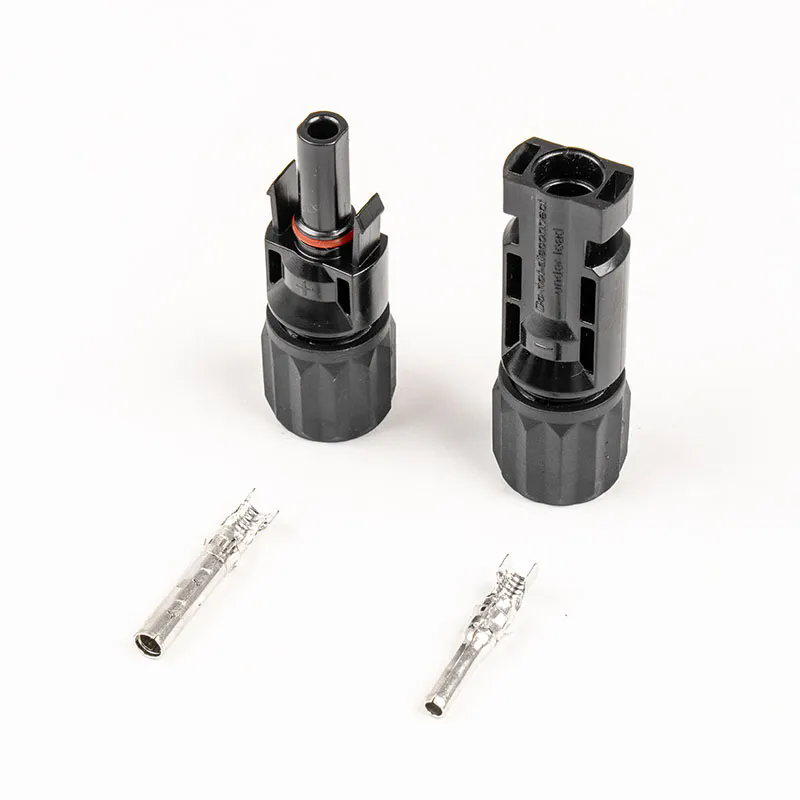What Role Does a Solar Panel Junction Box Play in the Efficiency of Solar Energy Systems?
2024-11-06
As the world increasingly turns to renewable energy sources, solar power continues to gain traction as a viable solution for sustainable electricity generation. Central to the performance and reliability of solar energy systems is the solar panel junction box. But what exactly is a solar panel junction box, and why is it so critical in maximizing the efficiency of solar panels? In this blog, we'll delve into the essential functions, components, and benefits of solar panel junction boxes to better understand their role in solar energy systems.
What is a Solar Panel Junction Box?
A solar panel junction box is a protective enclosure that houses the electrical connections of a solar panel. It serves as a critical component for managing the flow of electricity generated by the solar cells within the panel. Typically located on the backside of the solar panel, the junction box is designed to provide a safe and efficient way to connect multiple solar panels to the inverter and ultimately to the electrical grid or battery storage system.
How Does a Junction Box Contribute to the Efficiency of Solar Panels?
1. Protection Against Environmental Factors: One of the primary functions of a solar panel junction box is to protect the electrical components from harsh environmental conditions. This includes shielding the connections from moisture, dust, and extreme temperatures. By ensuring that these components are well-protected, the junction box helps maintain the integrity and efficiency of the solar energy system.
2. Facilitating Electrical Connections: The junction box contains terminals for connecting the solar panel’s positive and negative leads to the external circuit. This design simplifies the wiring process and helps ensure that connections are secure, minimizing the risk of electrical faults that could reduce the system's performance.
3. Bypassing Diodes: Many junction boxes include bypass diodes, which play a vital role in improving the efficiency of solar panels, especially in partially shaded conditions. Bypass diodes allow the current to flow around shaded or malfunctioning cells, ensuring that the entire panel continues to produce energy even if some cells are compromised.
What Are the Key Components of a Solar Panel Junction Box?
A typical solar panel junction box consists of several key components:
- Terminals: These are used for making electrical connections to the solar panel's output leads and the external circuit.
- Bypass Diodes: As mentioned earlier, these diodes prevent power loss due to shading or damaged cells.
- Sealing Gasket: This helps provide a waterproof seal around the junction box, protecting the internal components from moisture and environmental exposure.
- Housing: The outer casing of the junction box is usually made from durable, weather-resistant materials to ensure long-lasting performance.
Why is the Quality of the Junction Box Important?
The quality of the solar panel junction box can significantly impact the overall performance and longevity of a solar energy system. A high-quality junction box will be constructed from durable materials and designed to withstand harsh environmental conditions. It should also feature reliable electrical components that ensure safe and efficient operation. In contrast, a subpar junction box may lead to electrical failures, reduced energy output, and even potential hazards like short circuits or fires.
How Can You Ensure Proper Installation and Maintenance of Junction Boxes?
To maximize the effectiveness of your solar panel junction box, proper installation and regular maintenance are crucial. Here are some best practices:
1. Professional Installation: Ensure that your solar energy system, including the junction box, is installed by a qualified professional. Proper installation will help prevent electrical issues and ensure the system operates efficiently.
2. Regular Inspections: Schedule regular inspections of your solar panel system, including the junction box, to check for any signs of wear, damage, or corrosion. Early detection of issues can prevent costly repairs and maintain optimal performance.
3. Cleanliness: Keep the junction box and surrounding area clean and free from debris. This will help ensure proper airflow and prevent overheating, which can impact performance.
What Are the Benefits of a Well-Functioning Solar Panel Junction Box?
A well-functioning solar panel junction box contributes to the overall reliability and efficiency of a solar energy system. The benefits include:
- Enhanced Performance: With proper connections and protection, solar panels can operate at peak efficiency, generating more electricity.
- Increased Longevity: A durable junction box that protects electrical components can extend the lifespan of the entire solar energy system.
- Safety: A properly installed and maintained junction box reduces the risk of electrical hazards, providing peace of mind for system owners.
Conclusion: Is a Solar Panel Junction Box Essential for Solar Energy Systems?
In conclusion, the solar panel junction box is an essential component of solar energy systems, playing a critical role in ensuring efficient energy generation and system reliability. Its ability to protect electrical connections, facilitate safe wiring, and enhance performance through features like bypass diodes makes it indispensable for anyone considering or currently using solar power. By understanding the importance of the junction box, solar energy users can appreciate how each component contributes to the overall success of their renewable energy systems. If you’re looking to optimize your solar installation, ensuring a high-quality junction box is a vital step in your journey toward sustainable energy.



